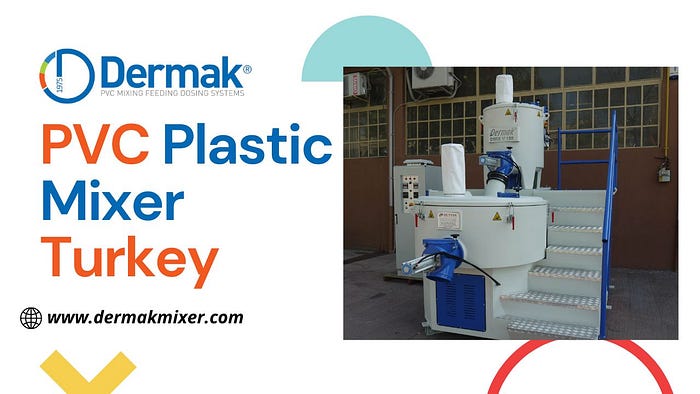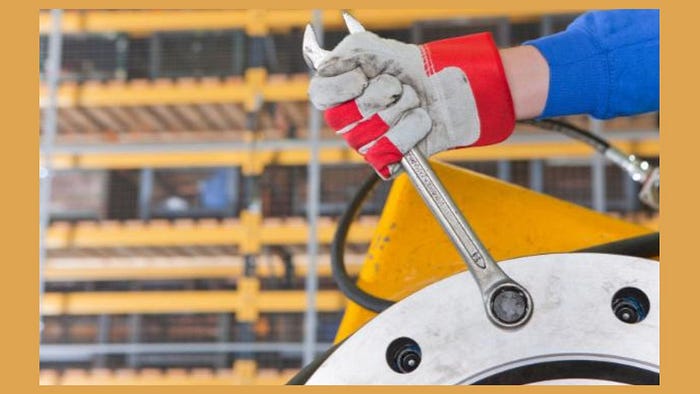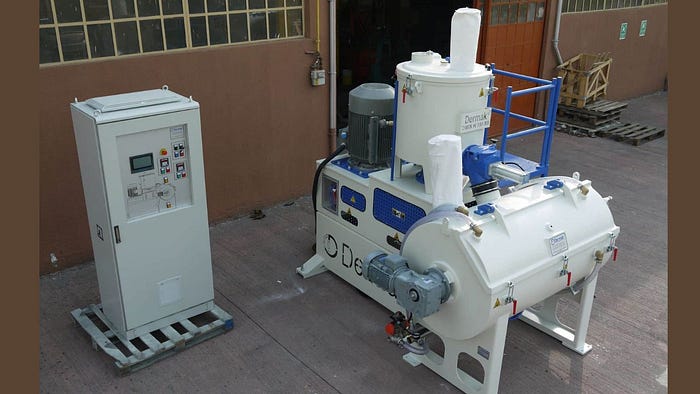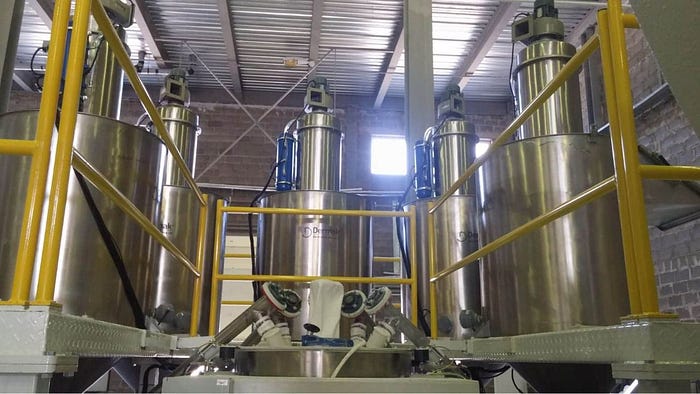Expert Strategies for Ensuring the Longevity of Your PVC Mixer :Introduction to PVC mixers and their importance in the plastics industry.

As a professional in the plastics industry, I understand the vital role that PVC mixers play in the manufacturing process. PVC mixers are essential for creating high-quality plastic products, such as PVC window profiles and other plastic components. These mixers are responsible for blending PVC resin with additives and stabilizers to produce a homogenous mixture that can be easily processed.
The longevity of your PVC mixer is crucial to maintaining a smooth and efficient production line.
A well-maintained and properly operated mixer can save you time, money, and unnecessary downtime. In this article, I will share expert strategies for ensuring the longevity of your PVC mixer, from understanding its lifespan to implementing best practices for maintenance and operation.
Understanding the lifespan of a PVC mixer and the factors that affect it
To ensure the longevity of your PVC mixer, it is essential to have a clear understanding of its lifespan and the factors that can affect it. A PVC mixer typically has a lifespan of 10 to 15 years, but this can vary depending on several factors.
One of the primary factors that affect the lifespan of a PVC mixer is the quality of materials used in its construction. Investing in a high-quality mixer made from durable materials, such as stainless steel or corrosion-resistant alloys, can significantly extend its lifespan.
Another crucial factor is the frequency and intensity of use. PVC mixers that are operated continuously or subjected to heavy loads are more prone to wear and tear. Regular maintenance and inspections are vital to identifying and addressing any issues before they become major problems.
Environmental conditions, such as temperature and humidity, can also impact the longevity of your PVC mixer. Extreme temperatures or high levels of humidity can accelerate corrosion and damage internal components. Proper ventilation and climate control in the mixer’s operating area can help mitigate these risks.

Proper maintenance and cleaning techniques for PVC mixers
Maintaining a regular maintenance and cleaning schedule is crucial for maximizing the longevity of your PVC mixer. Here are some expert techniques to consider:
Regular lubrication: Lubricating the moving parts of your PVC mixer, such as bearings and gears, can minimize friction and reduce wear. Use a high-quality lubricant recommended by the manufacturer.
Cleaning the mixing chamber: Regularly clean the mixing chamber to remove any residual PVC resin or additives. Use a non-abrasive cleaning solution and avoid using sharp objects that can scratch or damage the chamber.
Inspecting and replacing worn parts: Regularly inspect all parts of your PVC mixer, including blades, shafts, and seals. Replace any worn or damaged parts promptly to prevent further damage to the mixer.
Checking electrical connections: Ensure that all electrical connections are secure and free from corrosion. Loose or corroded connections can lead to electrical issues and potential breakdowns.
By following these maintenance and cleaning techniques, you can significantly extend the lifespan of your PVC mixer and avoid costly repairs or replacements.

Choosing the right materials for your PVC mixer to maximize its longevity
When it comes to ensuring the longevity of your PVC mixer, choosing the right materials is of utmost importance. The materials used in the construction of your mixer can significantly impact its durability and resistance to wear and tear.
Opting for a PVC mixer made from high-quality materials, such as stainless steel or corrosion-resistant alloys, can provide excellent resistance to corrosion and chemical damage. These materials are known for their durability and can withstand the harsh conditions often encountered in PVC mixing processes.
Upgrading and retrofitting options for older PVC mixers
If you have an older PVC mixer that is nearing the end of its lifespan, you may be considering options to extend its longevity without investing in a new mixer. Upgrading and retrofitting can be viable options to enhance the performance and durability of your mixer.
One common upgrade is replacing outdated control systems with modern, more efficient ones. Advanced control systems can optimize the mixing process, reduce energy consumption, and provide real-time monitoring and diagnostics.
Consider consulting with a professional PVC mixer manufacturer or supplier to explore the available upgrading and retrofitting options for your specific mixer model. They can provide expert guidance and recommend the most suitable upgrades based on your requirements and budget.

Common issues and challenges faced when using PVC mixers and how to overcome them
While PVC mixers are essential tools in the plastics industry, they can also present challenges and issues. Understanding these common issues and knowing how to overcome them is key to ensuring the longevity of your PVC mixer. Here are a few examples:
Material buildup: PVC resin and additives can accumulate inside the mixer, leading to reduced efficiency and potential blockages. Regular cleaning and maintenance, as mentioned earlier, can prevent material buildup.
Uneven mixing: Improper mixing can result in inconsistent product quality. Ensure that your PVC mixer is well-calibrated and that the mixing blades are in good condition. Adjust mixing parameters, such as speed and duration, as needed for optimal results.
Motor overheating: Continuous operation or overloading can cause the motor to overheat. Monitor the motor’s temperature and ensure adequate ventilation and cooling systems are in place. If overheating persists, consult a professional for further evaluation.
Leaking seals: Worn or damaged seals can lead to leaks, which can affect the quality of the mixture and potentially damage other mixer components. Regularly inspect and replace seals as needed to prevent leaks and maintain optimal performance.
By being aware of these common issues and implementing appropriate preventive measures, you can overcome challenges and ensure the longevity of your PVC mixer.
Conclusion: Key takeaways and final thoughts on ensuring the longevity of your PVC mixer
Ensuring the longevity of your PVC mixer is crucial to maintaining a smooth and efficient production line in the plastics industry. By understanding the lifespan of your mixer, implementing proper maintenance and cleaning techniques, choosing the right materials, and following best practices for operation, you can maximize its durability and minimize downtime.


Comments
Post a Comment